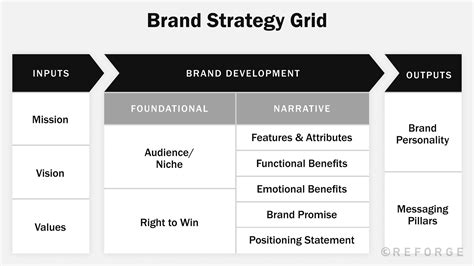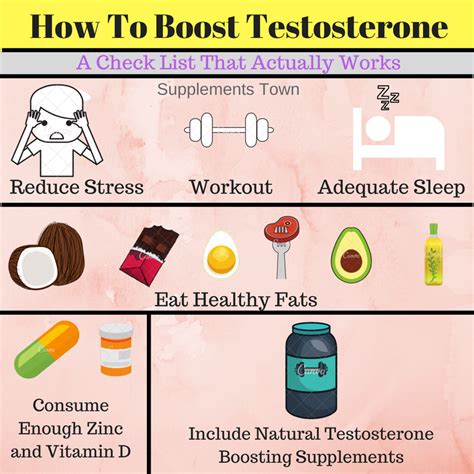
Optimize men’s testosterone naturally for peak performance & vitality?
Discover natural strategies, from diet and exercise to sleep and stress management, to optimize men’s testosterone levels for enhanced energy, strength, and overall well-being.

Discover natural strategies, from diet and exercise to sleep and stress management, to optimize men’s testosterone levels for enhanced energy, strength, and overall well-being.

Discover essential vitamins and minerals that can naturally support healthy testosterone levels and overall vitality in men through diet and lifestyle adjustments.

Discover effective, natural strategies to optimize your testosterone levels, enhancing strength, energy, and overall vitality without resorting to synthetic solutions.

Discover effective, natural strategies to optimize testosterone levels, enhancing energy, libido, and overall vitality in men.

Discover effective natural strategies, from diet and exercise to sleep and stress management, to optimize your testosterone levels for improved strength, energy, and overall vitality.

Discover effective, natural strategies involving diet, exercise, sleep, and stress management to boost testosterone levels and enhance overall masculine vitality.

Discover actionable strategies for men to craft a powerful morning routine that fuels sustained energy, sharpens focus, and enhances productivity throughout the entire day.

Discover key strategies for men to optimize body composition through targeted nutrition, effective training, and lifestyle adjustments, ensuring peak physical performance and sustained energy levels.

Discover simple, effective dietary adjustments men can make to naturally elevate testosterone levels, enhancing energy, mood, and overall physical and mental performance.

By strategically balancing macronutrients, prioritizing nutrient-dense foods, and maintaining optimal hydration, men can significantly enhance their sustained energy levels and achieve peak daily performance.